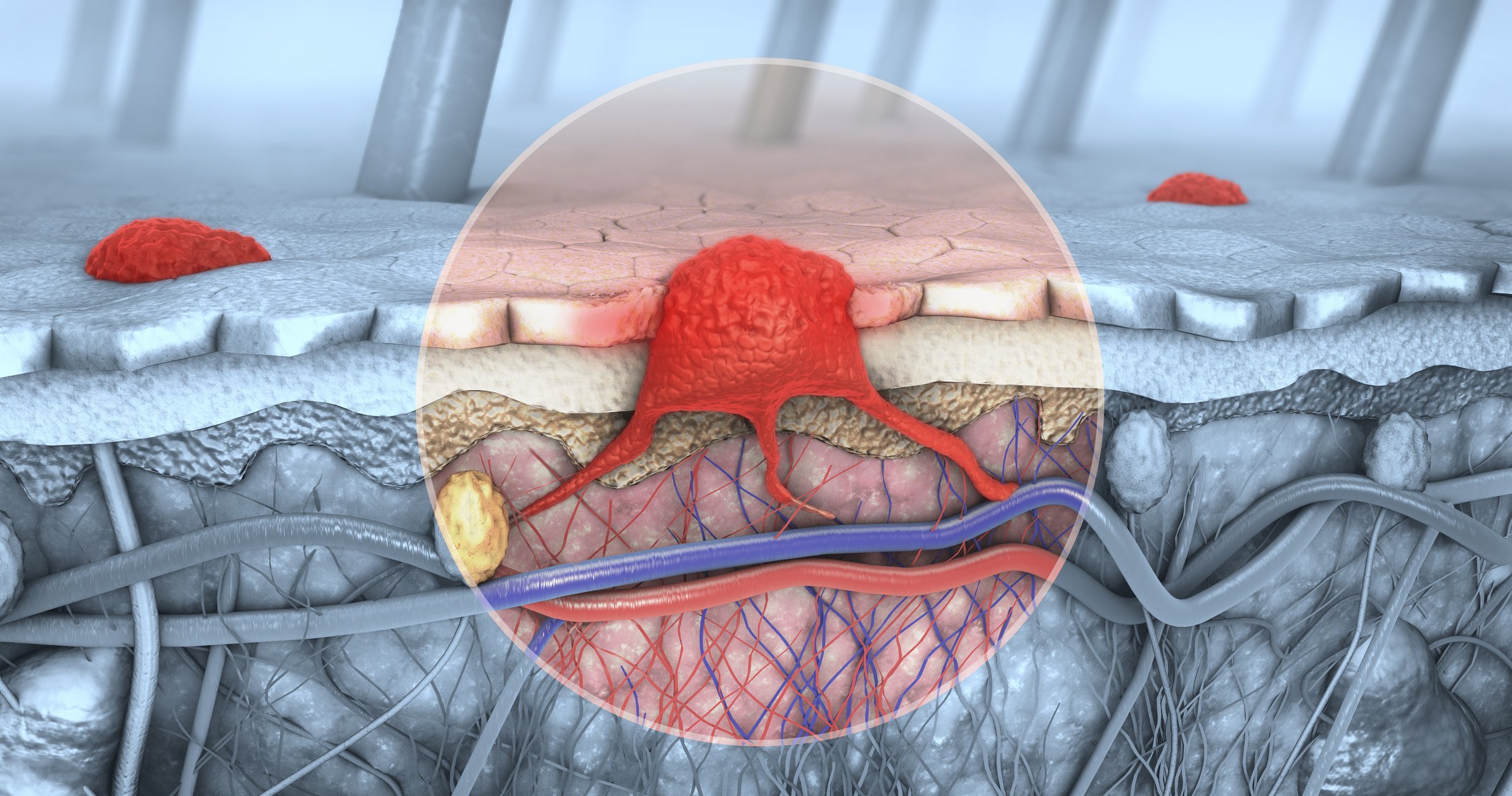The consumption of psychoactive products harbors risks. The new report “Regulating risks” now lists for the first time the 26 ways in which hazards can be minimized by law. Addictive substances are well regulated politically if as much harm as possible is prevented with as few restrictions as possible. To this end, the Federal Commission for Addiction Issues and the Prevention of Non-Communicable Diseases (FCSN) recommends a step-by-step approach towards a risk-sensitive tightening of the legal provisions. This saves costs, avoids suffering, creates freedom and strengthens the economy.
(red) The regulation of psychoactive products in Switzerland has grown historically and is correspondingly inconsistent. Beer and schnapps are taxed, but wine is not. Suppliers must warn of the consequences of smoking and gambling, but not of the consequences of drinking and gambling. Tobacco products for smoking are taxed much more heavily than tobacco products for snuffing. There are declaration requirements and quality controls for legal substances, but narcotics are left uncontrolled to the black market and criminal organizations. In short: Swiss addiction policy is a “patchwork quilt”. This is the main finding of a review presented by the Federal Commission on Addiction and the Prevention of Non-Communicable Diseases (FCND) in 2022. The EKSN is now doubling down and providing policymakers with an orientation framework with which they can regulate psychoactive products in a tailored and risk-sensitive manner.
Psychoactive products are not ordinary consumer goods. They harbor risks and can cause addiction. It has been scientifically proven that the risks associated with the consumption of psychoactive products depend on many factors. For this reason, a simple division of psychoactive products into prohibited/dangerous and permitted/non-dangerous products is highly inaccurate from a professional perspective. The more risks associated with the consumption of psychoactive products, the more strictly they should be regulated.
The EKSN identifies 26 legislative options for action that are already being used today, albeit in a less systematic and technically incoherent manner. These include regulations on production (e.g. licensing requirements, quality requirements), sales (e.g. age limits, information requirements), marketing (e.g. advertising restrictions, warnings), taxation and pricing as well as consumption (e.g. alcohol bans in stadiums). The EKSN recommends that politicians gradually adapt current legislation in the interests of a coherent addiction policy. To this end, it proposes seeking the best possible balance between the individual right to free, informed consumption decisions, the protection of health and young people, economic freedom and the safety needs of consumers, relatives and society on the basis of scientific findings. State intervention must be proportionate, effective and efficient. It must be ensured that these negotiation processes are not unilaterally dominated by economic interest groups, but are developed in a broad civil society, professional and political dialog.
The aim of the EKSN is to optimize the regulations and resources used, not a general tightening or liberalization of the markets for psychoactive products. This is because regulation always ties up resources and money, especially those of the police and prosecution authorities. There is an economic interest in deploying these resources in such a way that as much suffering, costs and productivity losses as possible can be avoided with as little effort as possible. The current addiction policy does not meet these requirements. The EKSN sees the greatest leverage in distribution – i.e. at the interface between the producing companies and the consumers.
Source: www.bag.admin.ch/bag/de/home/das-bag/aktuell/medienmitteilungen.msg-id-101754.html (last accessed on 01.08.2024).
InFo NEUROLOGIE & PSYCHIATRIE 2024; 22(4): 39 (published on 26.8.24, ahead of print)











